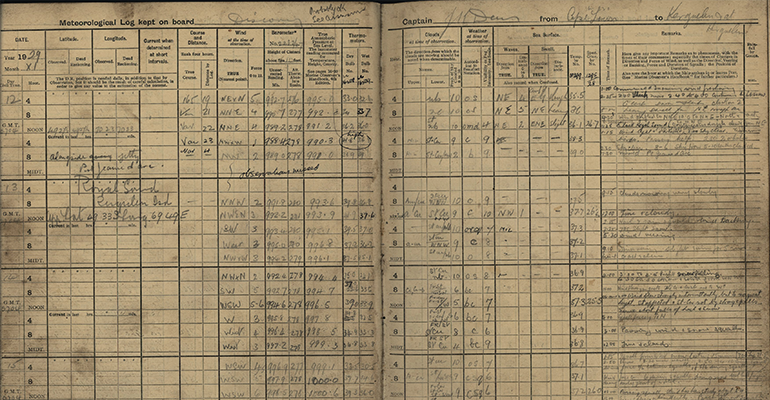- Processes & Observations
- Earth System Modelling & Prediction
Research Programme
- Stefanie Kremser
Bodeker Scientific - View the full team
Project Lead
-
Budget
$1,100,000 -
Duration
2015-2019
-
Completed project
Evaluating the NZESM against modern & historical observations
Assessing and validating the NZESM using modern and historic observations
The NZ Earth System Model (NZESM) was designed to simulate how our climate will change over the coming decades. It’s highly complex, modelling everything from weather systems to changes in Antarctic sea ice, ocean temperatures to stratospheric chemistry.

The complexity of the NZESM means that any shortcomings in one component of the model can compromise the fidelity of the entire model. We tested the ability of the model to simulate reality by comparing its results against modern and historical observations.
If, in comparison with past climate and atmospheric chemical composition data, the model accurately replicates the past, we can have increased confidence that the model includes the appropriate processes needed to simulate future changes in climate.
To gather comprehensive historical climate data about Antarctica and the Southern Ocean, our project aimed to see scientists, historians and the public working together to recover meteorological observations over the southern hemisphere made as far back as 1850.
We’re also constructed global records on ozone and other gases that absorb or emit radiation. Ozone changes have had a major impact on New Zealand’s climate in the past, and it’s likely this will be the case in the future.
With these datasets, we were able to thoroughly test the NZESM and, in doing so, contribute to more accurate simulations of our future climate.
This was a joint project with the ESMP programme.
This project in the media:
PROJECT TEAM
-
Stefanie Kremser
Bodeker Scientific -
Greg Bodeker
Bodeker Scientific, Victoria University of Wellington -
Ursula Rack
Gateway Antarctica, University of Canterbury -
Andrew Lorrey
NIWA -
Richard Querel
NIWA